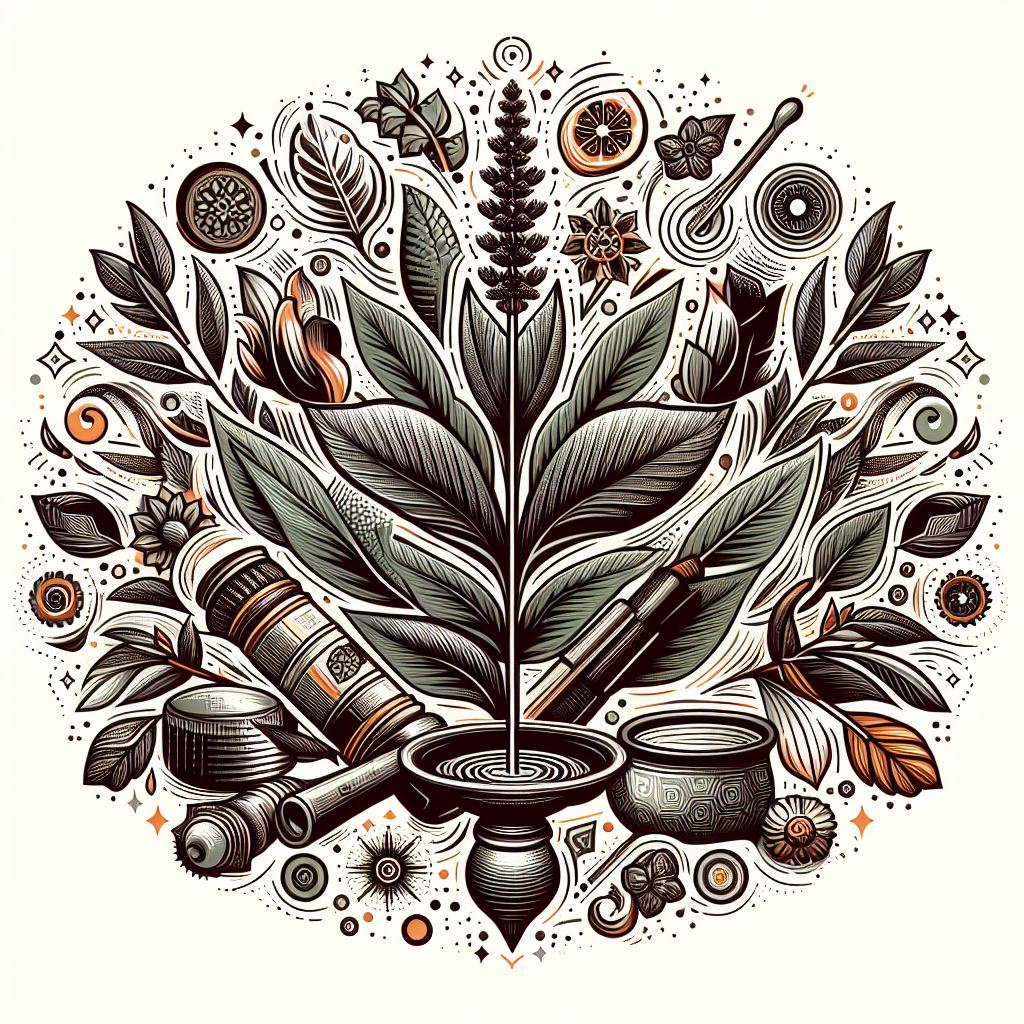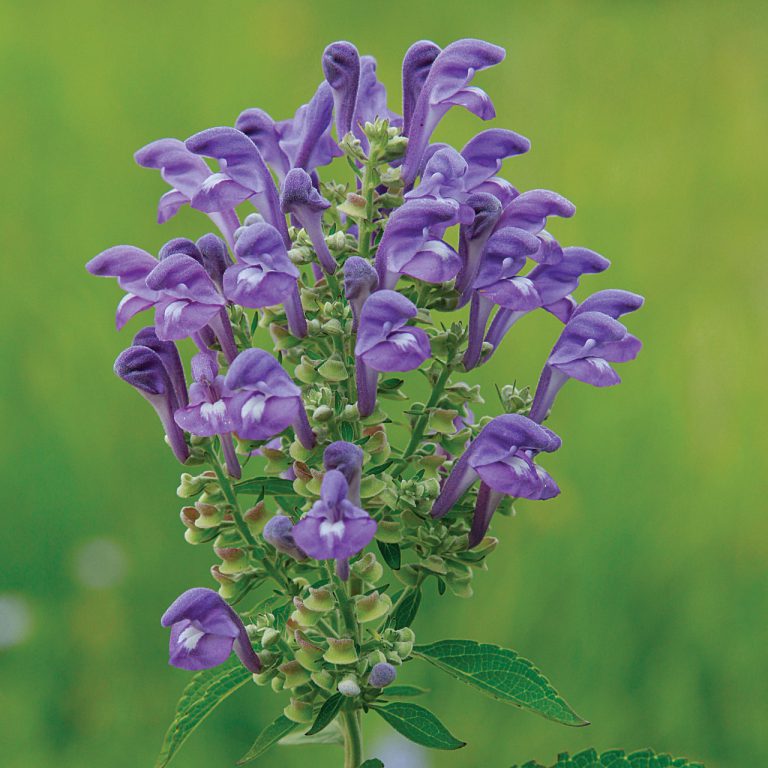Introduction
Chronic throat pain is a common affliction that can significantly impact one’s quality of life. From soreness and irritation to difficulty swallowing, the discomfort associated with chronic throat pain can be debilitating. While there are various over-the-counter medications and remedies available, many individuals seek alternative treatments to alleviate their symptoms. One such remedy that has gained attention for its potential therapeutic effects is sage.
Sage (Salvia officinalis) has been utilized for centuries in traditional medicine for its medicinal properties. Beyond its culinary uses, sage has been hailed for its anti-inflammatory, antimicrobial, and analgesic properties, making it a promising candidate for managing chronic throat pain. In this comprehensive article, we will explore the historical uses of sage, its pharmacological properties, and its potential efficacy in alleviating chronic throat pain. Furthermore, we will provide insights into the formulation of a sage-based rinse that could offer relief for individuals suffering from this condition.
Historical Uses of Sage
The use of sage dates back thousands of years, with its origins deeply rooted in ancient civilizations such as the Greeks, Romans, and Egyptians. In these cultures, sage was revered not only as a culinary herb but also as a symbol of wisdom, longevity, and health. Its medicinal properties were documented in various historical texts, where it was prescribed for ailments ranging from digestive issues to respiratory conditions.
Throughout history, sage has been used to alleviate sore throats, coughs, and other respiratory complaints. Its astringent properties were believed to soothe inflamed tissues and reduce swelling, providing relief from discomfort. Additionally, sage was often incorporated into gargles, teas, and herbal preparations to address various throat ailments.
Pharmacological Properties of Sage
The therapeutic potential of sage lies in its rich array of bioactive compounds, including flavonoids, phenolic acids, and volatile oils. These compounds exhibit diverse pharmacological effects, contributing to sage’s anti-inflammatory, antimicrobial, and analgesic properties.
One of the key components of sage essential oil is thujone, a monoterpene with demonstrated anti-inflammatory properties. Thujone has been shown to inhibit pro-inflammatory cytokines and enzymes, thereby reducing inflammation and alleviating pain. Additionally, sage contains rosmarinic acid, a phenolic compound known for its antioxidant and anti-inflammatory effects. Rosmarinic acid has been studied for its ability to modulate immune responses and attenuate inflammatory pathways, making it a valuable therapeutic agent for managing chronic throat pain.
Furthermore, sage exhibits potent antimicrobial activity against a wide range of pathogens, including bacteria, viruses, and fungi. Its antimicrobial properties are attributed to compounds such as cineole, camphor, and borneol, which have been shown to inhibit the growth of common pathogens associated with throat infections. By targeting microbial pathogens, sage may help prevent the progression of infections and reduce inflammation in the throat.
Efficacy of Sage in Alleviating Chronic Throat Pain
Emerging research suggests that sage may offer therapeutic benefits for individuals suffering from chronic throat pain. Several studies have investigated the efficacy of sage-based preparations in relieving sore throats and associated symptoms.
In a randomized controlled trial published in the Journal of Alternative and Complementary Medicine, researchers evaluated the effects of a sage throat spray in patients with acute viral pharyngitis. Participants who received the sage spray reported significant reductions in throat pain, soreness, and difficulty swallowing compared to those who received a placebo spray. These findings suggest that sage-based formulations may provide symptomatic relief for individuals with acute throat infections.
Moreover, a systematic review and meta-analysis published in Phytotherapy Research examined the efficacy of herbal remedies for sore throat relief. The analysis included several studies investigating the effects of sage-based preparations, such as gargles, lozenges, and throat sprays. The review found that sage-containing products were associated with significant improvements in throat pain and inflammation compared to placebo or standard treatments. These findings support the use of sage as a promising adjunct therapy for managing chronic throat pain.

Formulation of a Sage-Based Throat Rinse
Harnessing the therapeutic properties of sage, we can formulate a simple yet effective throat rinse to alleviate chronic throat pain. This sage-based rinse combines the anti-inflammatory and antimicrobial properties of sage with soothing ingredients to provide relief from discomfort and irritation.
Ingredients:
- 2 tablespoons of dried sage leaves or 4 tablespoons of fresh sage leaves
- 1 cup of boiling water
- 1 teaspoon of honey (optional, for added sweetness)
- 1 teaspoon of sea salt
Instructions:
- Place the dried or fresh sage leaves in a heatproof container.
- Pour the boiling water over the sage leaves, ensuring they are completely submerged.
- Cover the container and let the sage steep for 15-20 minutes to extract its medicinal compounds.
- Strain the sage infusion to remove the leaves, leaving behind a clear liquid.
- Stir in the honey and sea salt until fully dissolved.
- Allow the sage rinse to cool to a comfortable temperature before using it.
Usage:
- Gargle with the sage rinse for 30-60 seconds, ensuring that it coats the throat and tonsils.
- Spit out the rinse after gargling, being careful not to swallow it.
- Use the sage rinse 2-3 times daily or as needed to alleviate throat pain and inflammation.
Conclusion
Chronic throat pain can significantly impair daily functioning and diminish overall well-being. While conventional treatments offer symptomatic relief, many individuals seek alternative remedies to manage their symptoms effectively. Sage, with its centuries-old history and potent pharmacological properties, holds promise as a natural remedy for alleviating chronic throat pain. By harnessing the anti-inflammatory, antimicrobial, and analgesic effects of sage, individuals can find relief from soreness, irritation, and difficulty swallowing. Moreover, the formulation of a sage-based throat rinse provides a convenient and accessible means of incorporating this herbal remedy into daily self-care routines. As research into the therapeutic potential of sage continues to expand, its role in managing chronic throat pain may become more widely recognized, offering hope for individuals seeking holistic approaches to health and wellness.




